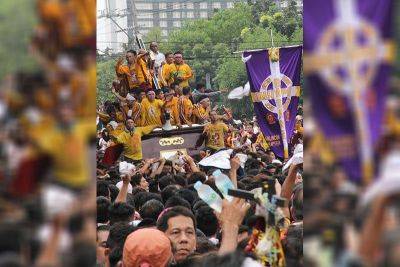SC approves procedural rules on anti-terror law
MANILA, Philippines — The Supreme Court on Monday said it has finalized the set of procedural rules guiding all petitions and applications related to the Anti-Terrorism Act of 2020, which will take effect on January 15.
In a statement, the High Court said that the approved rules will cover all petitions and applications related to detentions without judicial warrants of arrest, surveillance orders, freeze orders, travel restrictions, designations, proscriptions and other court issuances meted out in the implementation of the anti-terrorism law.
These guidelines will apply to all individuals or groups who “seek to obtain judicial relief from their designation as terrorist by the Anti-Terrorism Council (ATC) and the issuance of any freeze order by the Anti-Money Laundering Council (AMLC) as a result of such designation.”
According to the rules, the CA (Court of Appeals) can only issue a preliminary order of proscription within 72 hours of receiving a verified petition if the petitioner has sufficiently established probable cause that the order is necessary to prevent terrorism.
This order allows the AMLC to investigate and freeze the assets of the accused. The CA then holds hearings and decides on the petition within three months. If clear and convincing evidence is presented, a permanent order of proscription is issued for three years.
Law enforcement personnel must also first obtain a written order from the CA before they can conduct surveillance on individuals associated with terrorism and secretly monitor and collect information related to their communication and activities. The rules specify the grounds, content, and effectiveness of such surveillance orders.
Under the rules, individuals suspected of terrorism can be arrested and detained without a warrant for a limited period as provided by the Revised Penal Code. The ATC can extend this period for up to 14 days, and a designated Regional Trial Court can approve an additional 10 days. The arrested individuals must be informed of their rights, and any form of torture or cruel treatment is prohibited.
Procedures for handling classified evidence related to national security and state secrets are also







